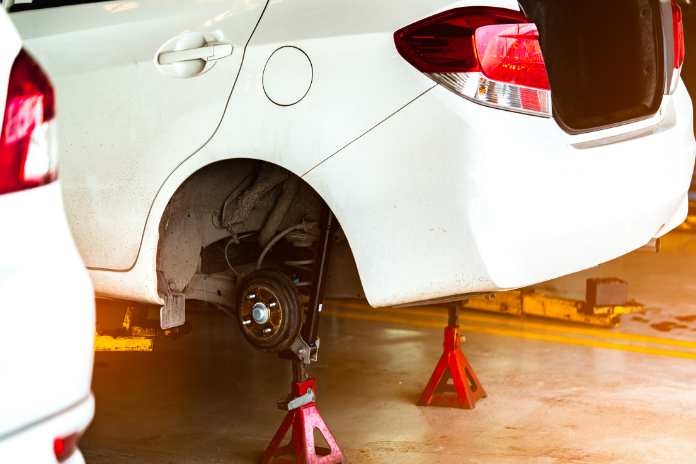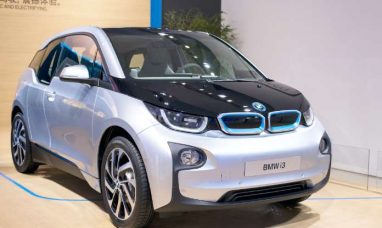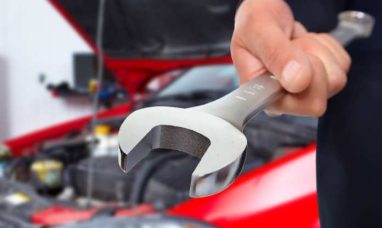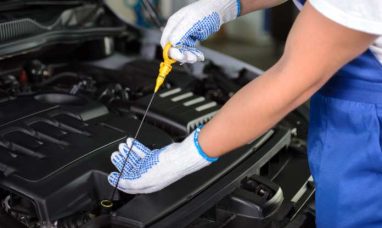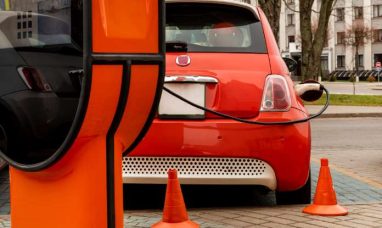- In-cabin monitoring system designed to monitor the driver’s seat and rear seats, and even check child safety seat in the back seat
- The in-vehicle camera collects data and uses software logic to analyze potential risks, provide alerts and thereby help prevent accidents
- Responding to different scenarios including the driver dozing off, using mobile, not wearing seat belts and children left in the rear seats
- The centerpiece is the SW logic that analyzes the behaviors of passengers; meeting European SW standards and safety regulations, targeting the global market
SEOUL, South Korea, Jan. 22, 2025 /PRNewswire/ — Hyundai Mobis (KRX 012330) has developed the technology capable of detecting posture (position), actions and bio-signals to assess the safety of passengers in the car, both in the front and rear seats. It is expected to prevent careless driving behaviors such as drowsy driving and mobile phone use and even check that children in the rear are properly secured in their car seats, helping to reduce accidents.
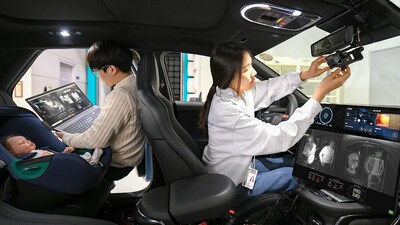
This technology is named In-Cabin Monitoring System (ICM) and Hyundai Mobis will begin full-scale efforts to take orders from global clients starting this year, as it announced on 22.
The In-Cabin Monitoring System consists of cameras (hardware) that monitor passengers and software logic that analyzes data. First, the camera installed in the vehicle detects posture and position of passengers and their bio-signals in real time. The software logic, then analyzes data from the camera to determine potential risks and alert passengers with audio and visual warnings.
For instance, it can alert the driver when they close their eyes and doze off and suggest that they’d better take a break. More than 10 scenarios have been developed in which the system can help prevent safety accidents including using mobile or smoking while driving, taking hands off the steering wheel, not wearing the seatbelt, and leaving young children unattended in the rear seat.
Hyundai Mobis obtained ASPICE certification, the European standard for automotive software through the development of this system, and it has also reportedly exceeded the goal set under NCAP (New Car Assessment Program).
During the development of its In-Cabin Monitoring System, Hyundai Mobis has put focus on software logic. And this year, it plans to enhance healthcare feature for analysis of the driver’s bio-signals and accelerate the development of a new next-generation technology (2.0 version) targeting commercial fleet services.
“With the advancement of automatic driving technology, the demand for in-vehicle convenience features and safety technologies is greatly increasing. Hyundai Mobis will focus on developing highly accurate software capable of analyzing different physical structures of each passenger” said Shin Kyu-chul, the Leader of Electronic Control Development Group, Hyundai Mobis.
Conventional in-cabin sensing system has distinguished the driver’s seat and the rear seats; it used different advanced technologies in the driver’s seat for the safety of passengers. However, Hyundai Mobis has combined multiple technologies into one system to ensure the safety of all passengers in the vehicle.
In 2019, Hyundai Mobis succeeded in developing DMS that tracks the driver’s pupil to prevent drowsy or careless driving. In 2020, it followed up with the development of the rear seat monitoring system using the radar to prevent children from being left unattended in the rear seat, and in 2022, it successfully developed the driver assistance system that detects the driver’s posture and bio-signals including heart rate.
Media Contact
Choon Kee Hwang: [email protected]
Jihyun Han: [email protected]

Photo – https://mma.prnewswire.com/media/2603259/Hyundai_Mobis_analyzing_driver_s_gaze_posture_In_Cabin_Monitoring_System.jpg
Logo – https://mma.prnewswire.com/media/1166884/hyundaimobis_CI_Logo.jpg
![]() View original content:https://www.prnewswire.co.uk/news-releases/hyundai-mobis-unveils-a-system-to-monitor-and-prevent-10-passenger-behaviors-that-compromise-safety-302356877.html
View original content:https://www.prnewswire.co.uk/news-releases/hyundai-mobis-unveils-a-system-to-monitor-and-prevent-10-passenger-behaviors-that-compromise-safety-302356877.html

Featured Image: Megapixl @ Fahronii









